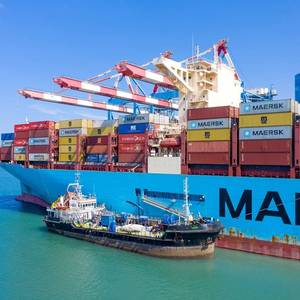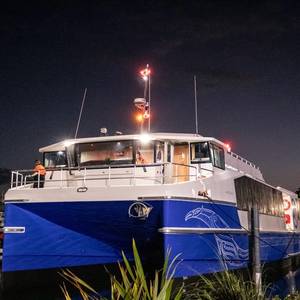
The maritime industry has worked with a single fuel source for over a century and with the rush to meet emission standards in both domestic and foreign markets, adapting to the current list of alternative fuels is going to present significant problems. Each market has its issues whether bluewater, brownwater, coastal, foreign or domestic.

Officer Lee Tae Young, a first mate from the Republic of Korea, has been awarded the IMO Award for Exceptional Bravery at Sea, in recognition of his heroic actions that saved 12 fellow crew members from the Geum Seong No. 135 when it sunk in November 2024. He was honored during a special ceremony recognizing seafarers held in London on November 24, 2025

EV Maritime, New Zealand’s leading electric ferry design and technology company, announced the launch of its first fully electric passenger ferry. The new vessel will operate between downtown Auckland and the suburb of Half Moon Bay.This is the first of the EVM200 class,a series of battery-electric fast ferries built using lightweight carbon fiber.